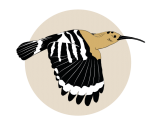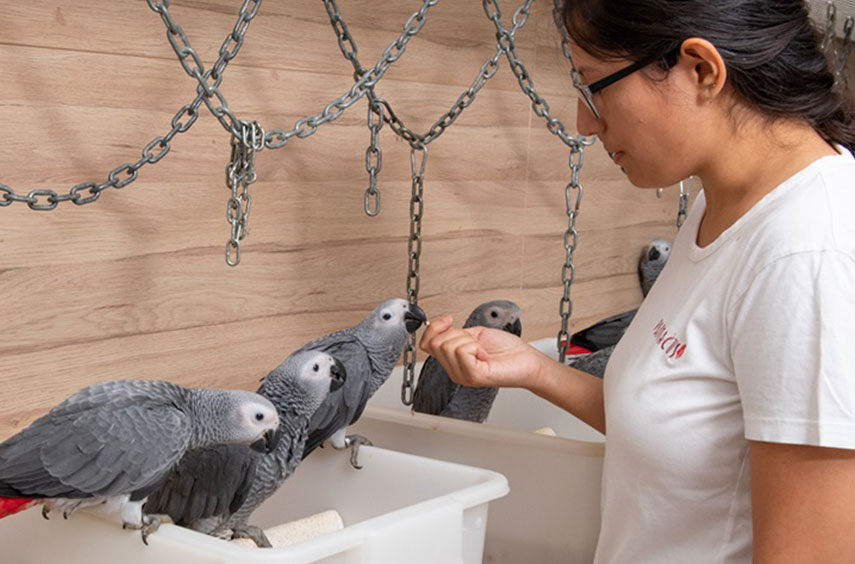
Animal welfare
Animal welfare is a relatively new science that aims to define methods and systems to improve the welfare of animals by optimizing the use of available resources to overcome the limitations inherent to captivity.
Faunists love animals. Their welfare is our priority. We are committed to an ongoing and continuous effort to improve the welfare of the animals that depend on us.
Those of us who are responsible for keeping animals in captivity must ensure that the so-called «five freedoms» are safeguarded, which consist of: ensuring that they are not hungry or thirsty, that they feel safe, that they are physically and thermally comfortable, that they are healthy, and that they are allowed to perform natural behaviors.
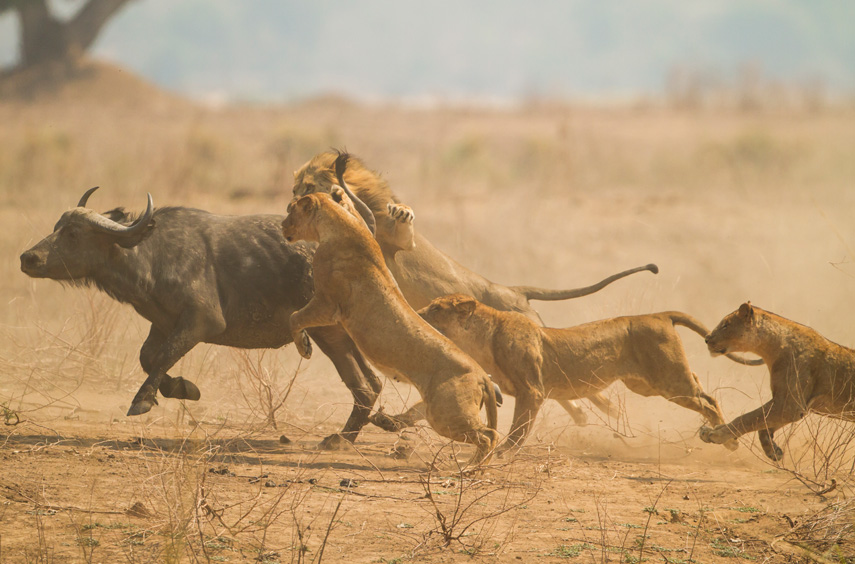
Abuse
Abuse is synonymous with gratuitous cruelty, with the will to inflict unnecessary harm, for the simple «pleasure» of doing so. Faunism is opposed to animal abuse.
However, Faunists believe that in many circumstances animal sacrifice cannot be qualified as abuse. For example, the sacrifice of a farm animal when it reaches the end of its productive cycle or the lethal control of a rabbit plague cannot be described as mistreatment, especially if we try to minimize the suffering that this necessarily entails. In neither example is the sacrifice associated with a cruel attitude, just as we cannot call a predator cruel when it hunts its prey.
Likewise, Faunists believe that it is possible and necessary to reconcile tradition and animal welfare. For this reason, we consider the evolution of traditions in which animals suffer unnecessarily towards modalities that respect their welfare to be inescapable.
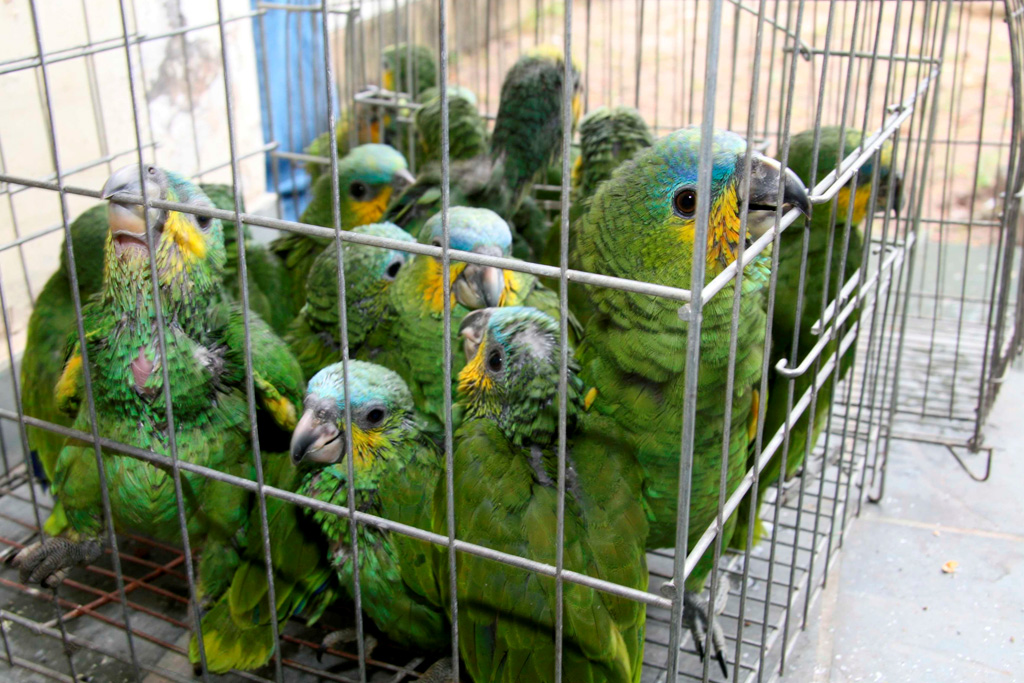
Illegal trade
Faunism unequivocally rejects illegal animal trade.
This fact, together with the loss of habitat, are the factors that most threaten biodiversity and the survival of endangered species.
It should be noted, however, that the illegal trade in protected species has nothing to do with their legal trade.
The fact that a species is protected does not necessarily mean that it cannot be kept, bought or sold. It is perfectly legal to trade in specimens of protected species when they come from authorized and controlled captive breeding or if they come from authorized captures.
The CITES Convention (Convention on International Trade in Endangered Species of Wild Fauna and Flora) is an international treaty ratified by 183 countries, that perfectly defines the catch limits for endangered species and regulates their captive breeding.
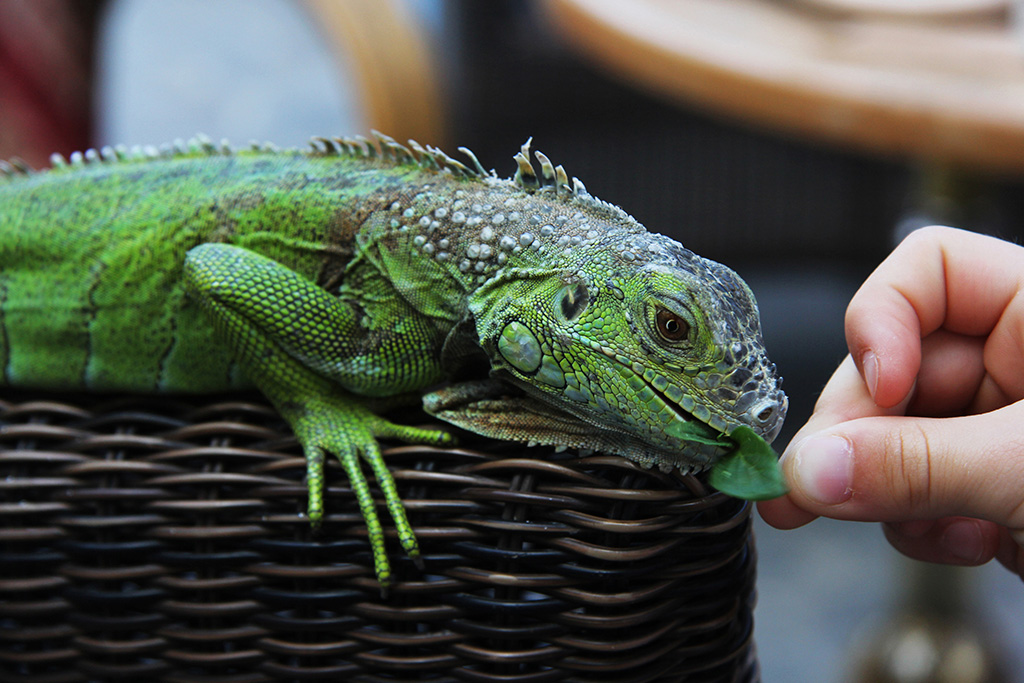
Positive lists
The so-called «positive lists», as they are being proposed at the legislative level in many countries, seem to have the ultimate goal of making it as difficult as possible to keep pets other than dogs and cats.
Faunism advocates the freedom to keep and breed all kinds of species, with the only requirement being that the necessary knowledge is available, that care is taken for their welfare, and that they are not demonstrably invasive. Therefore, it rejects the positive lists as they are proposed and considers the strategy based on negative lists, such as that of invasive species, to be more feasible and realistic.
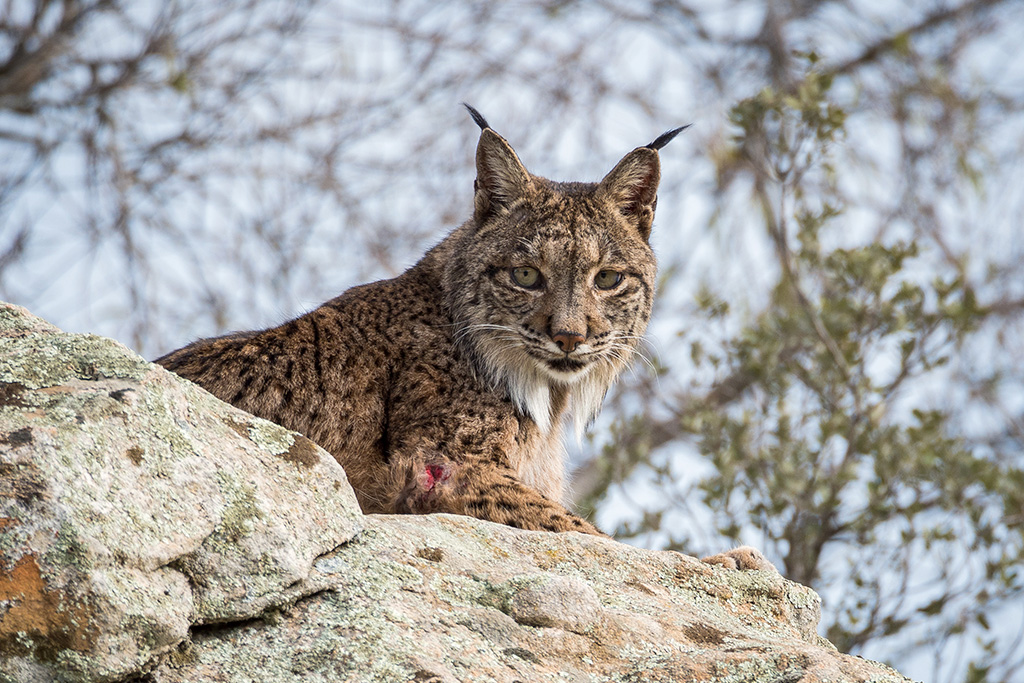
Endangered species
For Faunists, proactive action for the conservation of endangered species is a moral obligation that we must all assume as our own.
Faunism advocates the coordinated action of researchers, administrations, zoos, and private breeders as a powerful tool for acquiring «ex situ» knowledge that can be applied «in situ» and for safeguarding captive populations to ensure the genetic viability of wild populations in the event that it is necessary to proceed with their reintroduction.
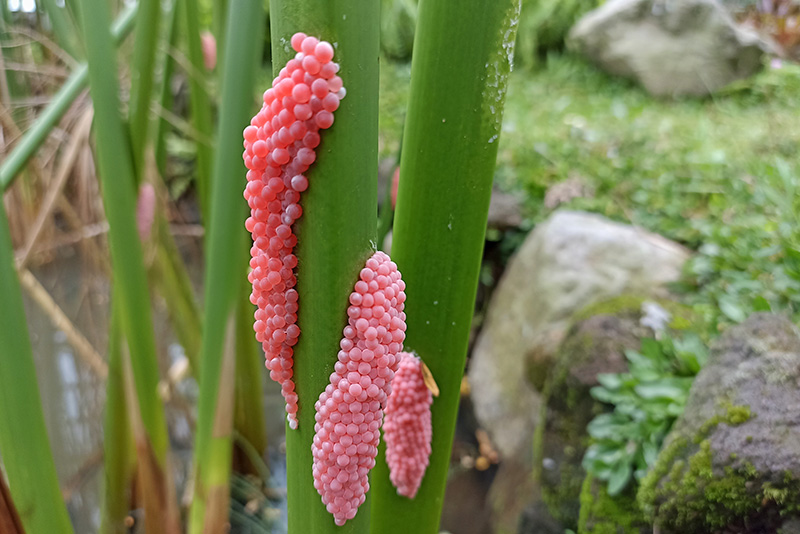
Invasive species
Although Faunists believe that any species can be kept in captivity on a private level if one knows how to do so, we accept that in cases where the invasiveness of a particular species has been demonstrated, it is preferable to limit its possession in order to minimize risks to the environment.
Likewise, we believe that all control methods, including lethal ones, should be considered when it is necessary to control the population of invasive species that threaten biodiversity or our crops, whether it is the golden apple snail, the monk parakeet or the feral cat.
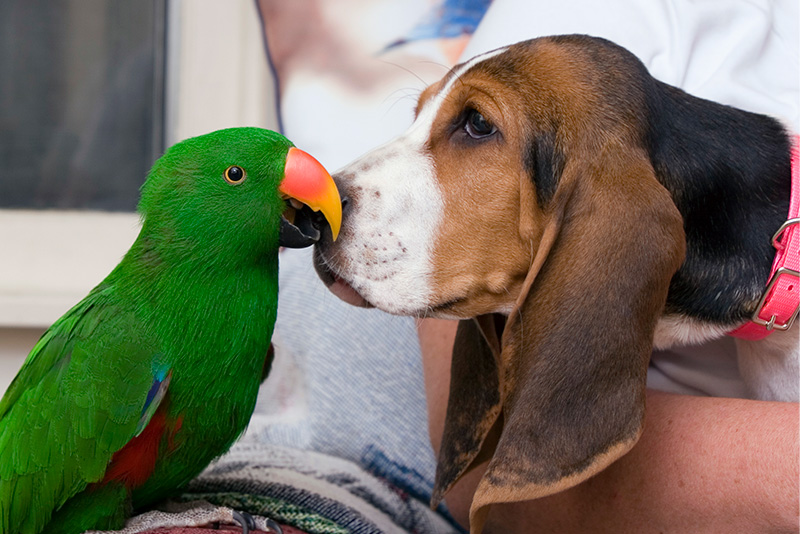
Pet animals
Animals have been with us for thousands of years. We have established a mutually beneficial symbiotic relationship with them that is still in full force today. Pet animals have come to play a fundamental role in the emotional well-being of citizens.
Faunism supports the freedom to keep and raise animals and considers that almost any species can be responsibly kept in our homes if we know how to meet their basic needs and care for their welfare. Dogs, cats, birds, fish, rodents, reptiles, etc., can all be with us. It is up to us to choose the type of animal that we can take care of properly.
Faunism rejects their abandonment and warns of the consequences of this cruel and irresponsible act. Feral specimens represent a serious threat to biodiversity.
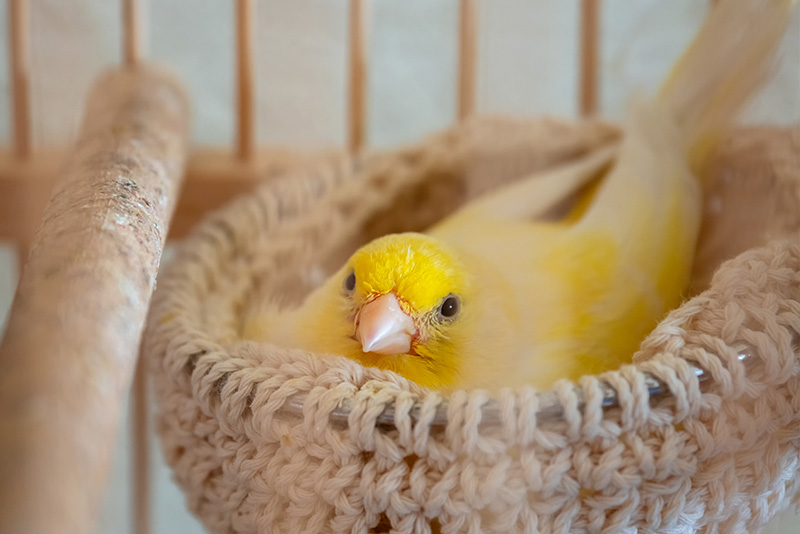
Pet breeders
Faunists value the work of breeders who allow us to enjoy the company of a variety of species, whether dogs, cats, or other animals, without negatively impacting wild populations. The existing populations in breeding centers constitute a genetic reserve of incalculable value, which can be the key to the recovery of endangered species.
Responsible breeding guarantees the production of physically and psychologically healthy specimens in optimal conditions to integrate into our human environment.
Responsible breeding should be a «sine qua non» requirement for professional and amateur breeders. Breeders must be able to guarantee the welfare of their animals and the suitability of the specimens sent to our homes.
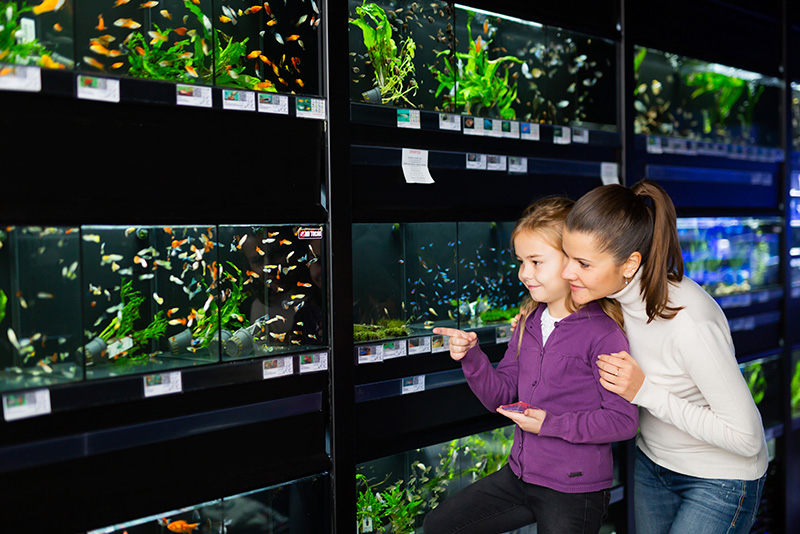
Pet trade
The Faunists believe that the pet trade, carried out by professionals in appropriate facilities, is the most logical and sensible way to make them available to the urban population, while preserving their welfare.
Close cooperation between breeders and retailers is essential, as it is in the best interests of the animals themselves and their future owners.
Professional retailers are in the best position to advise prospective pet owners to ensure that the pet is well cared for from day one.
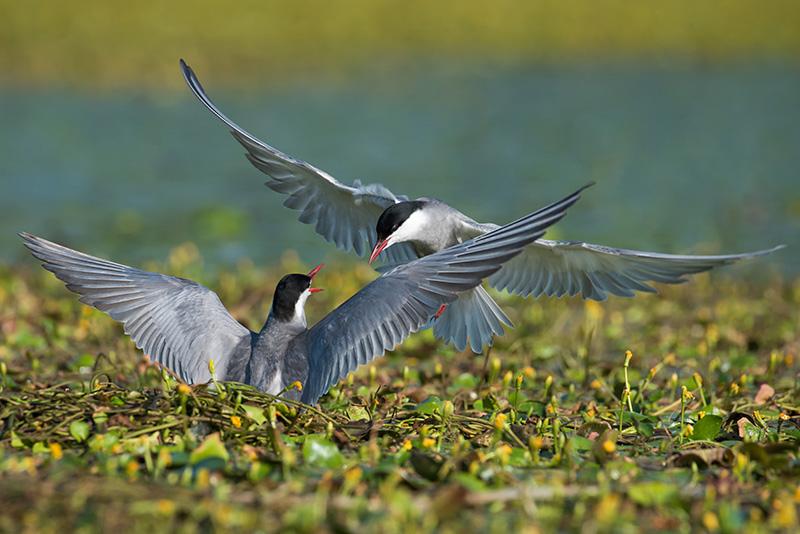
Biodiversity protection
The human species cannot afford to be thoughtless bystanders to the crisis of biodiversity loss that our planet is experiencing.
The rate of species in extinction is comparable to the great extinction events of the past. Each of these extinctions represents an irreparable loss for the biosphere and for humanity.
Faunists believe that human society must assume its responsibility and act proactively to try to mitigate as much as possible the pernicious effects of its activities, directly or indirectly, on biodiversity.
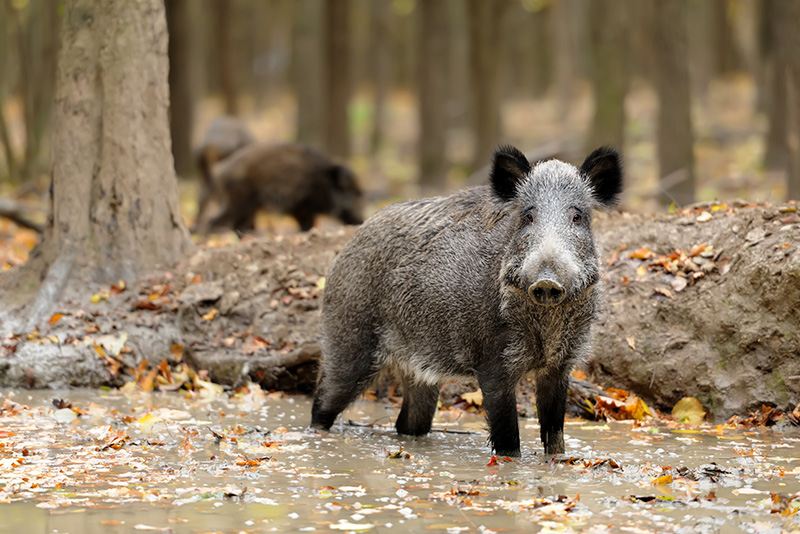
Hunting and fishing
Hunting is an essential tool for the population control of many species that, without this control, inevitably give rise to serious health or safety problems for people, or cause economically and/or ecologically unacceptable damage.
It is also important to emphasize that the funds provided by controlled sport hunting and fishing to protected areas around the world are essential to the survival of these areas and their biodiversity.
Faunism accepts the practice of hunting and fishing, as long as they are carried out in a responsible manner, with the logical safety limits imposed by the often high number of people in natural spaces, from an attitude of respect for biodiversity and prioritizing the minimization of suffering inflicted on prey.
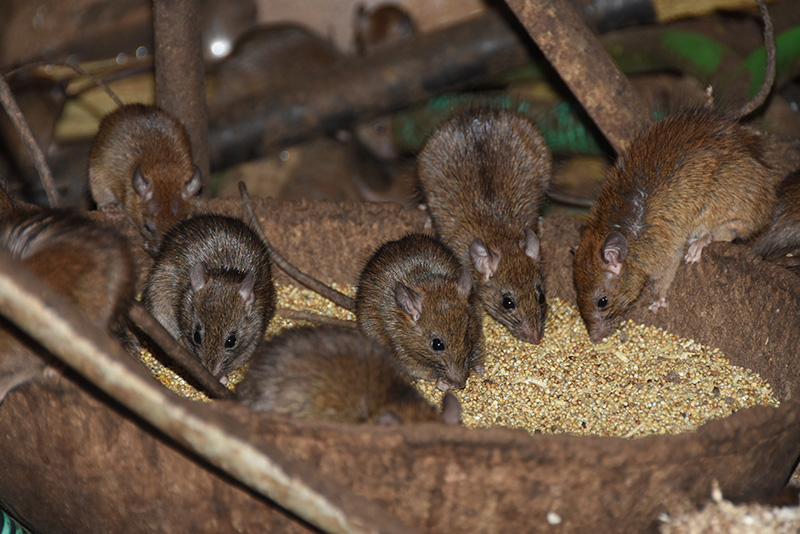
Pest control
Faunists note that lethal methods are often the only effective way to control populations of species that we can characterize as pests, species that have a very high reproductive rate, that are in direct competition with humans, and that often act as vectors and reservoirs of disease.
In our opinion, to deny this control option on the basis of supposedly «ethical» considerations is to close our eyes to reality. An exponential and uncontrolled proliferation of these species would be extremely harmful and unsustainable for humanity as a whole, altering the balance of natural habitats and threatening local biodiversity.

Environmental education and awareness
Faunism believes it is essential that we strive to pass on to our children the love for animals and nature in general. This will allow them to become happier and more respectful adults towards others and towards the planet.
It is also important to teach them to observe and accept the reality that in the world we live in, some species eat others. To accept with naturalness that we also have to sacrifice animals for their consumption, as it has happened universally on our planet since the beginning of time.
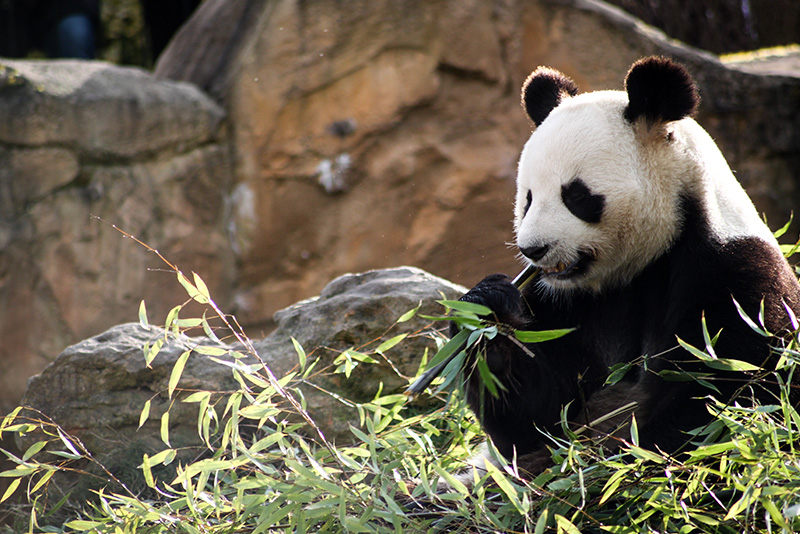
Zoological parks
Faunists appreciate the work that zoos do in environmental education for children and adults. They are our last redoubt of direct contact with wild origin species.
The vast majority of animals in zoos today were born in captivity and have no memories of their native habitats. This facilitates their care and makes their welfare possible when zoo facilities are adequate.
Zoos are called upon to play a very important role in captive breeding programs for endangered species and, together with private breeders, to act as a genetic reservoir for these species.
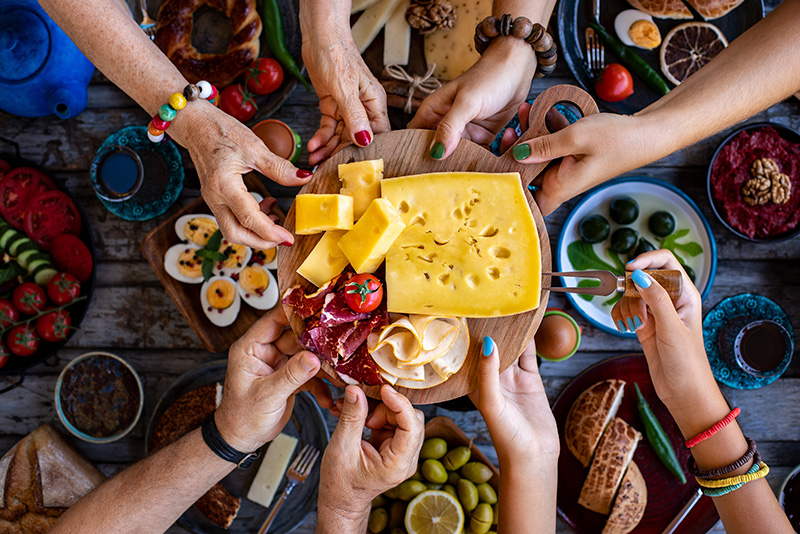
Freedom of food choice
Faunists value individual freedom of choice as fundamental, as long as we do not interfere with the freedom of choice of others.
For this reason, we defend with conviction our freedom to choose to consume animal products taking into account the criteria of health and sustainability, knowing that we in no way restrict the choice of others not to do so.
The human species, as a result of millions of years of evolution, is «designed» to consume foods of animal origin as an integral part of a varied diet that provides us with health and well-being.
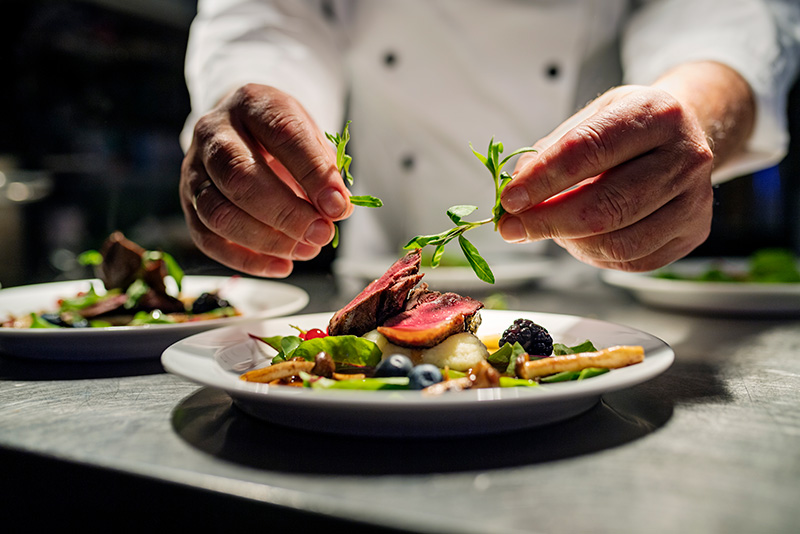
Gastronomic culture
The gastronomic cultures of today’s societies are heirs to millennia-old culinary traditions in which food of animal origin is of capital importance.
Farmers, fishermen, cheese-makers, butchers, food manufacturers, traders, restaurateurs, etc., etc.; the final consumer families themselves; we are all co-protagonists of a gastronomic cultural history that we feel is our own.
Faunism warns that we must all be aware of the importance of valuing and defending our gastronomic culture if we want to preserve it for future generations.
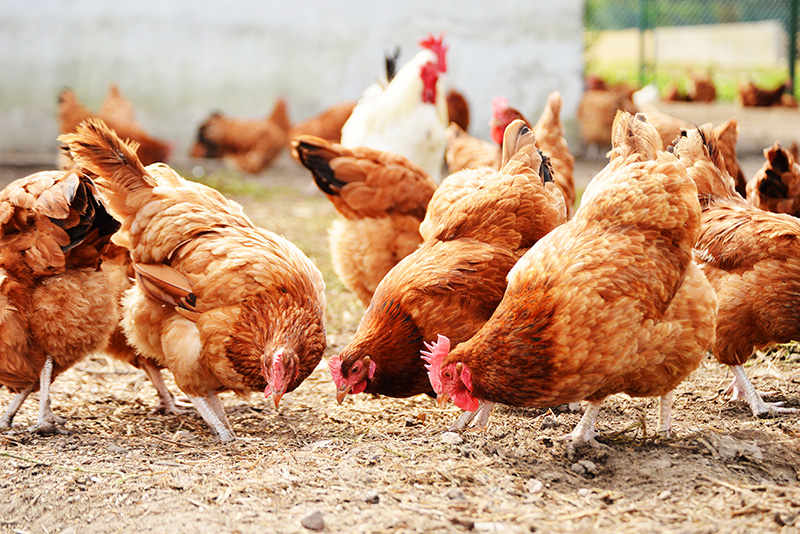
Farm animals
Thousands of years ago, humans stopped being nomadic hunter-gatherers, settled down in a territory and decided to breed some species in captivity for their own consumption.
The continuous selection of these species resulted in the many breeds and strains of livestock that exist today, which depend on us and provide us with food. These breeds and strains represent a genetic heritage that must be preserved.
Faunists believe that we must strive to preserve them by ensuring their welfare and minimizing their pain at the time of sacrifice.
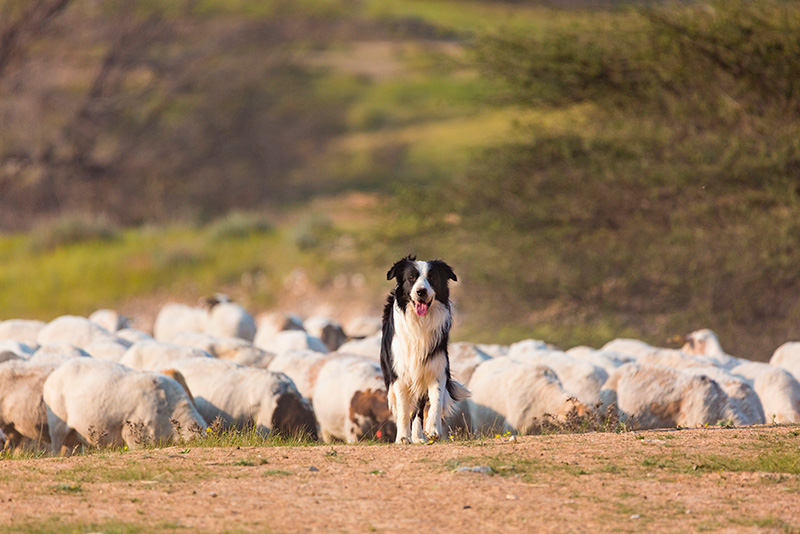
Working animals
The so-called working animals are a living example of the result of the symbiosis between the human species and some animal species. This symbiosis has resulted in a variety of breeds with physical and behavioral characteristics that make them particularly suited to certain tasks. Moreover, these animals only feel fully «fulfilled» when they have the opportunity to put their skills into practice.
Faunism values this heritage and is committed to its preservation and to the continuity of activities in which they remain essential.

Rural world
The people who carry out agricultural, forestry and livestock activities, the human presence itself distributed throughout the territory, constitute a heritage that we must conserve.
They are the ones who keep our forests and fields in good condition, who preserve many of our traditions, and who provide us with local food.
Livestock production is an essential contribution to our food sovereignty and to the economic viability of many rural families.
Faunism deeply appreciates these millenary activities that courageously adapt to the new challenges and needs of society. A rural world that deserves the full support of public administrations.
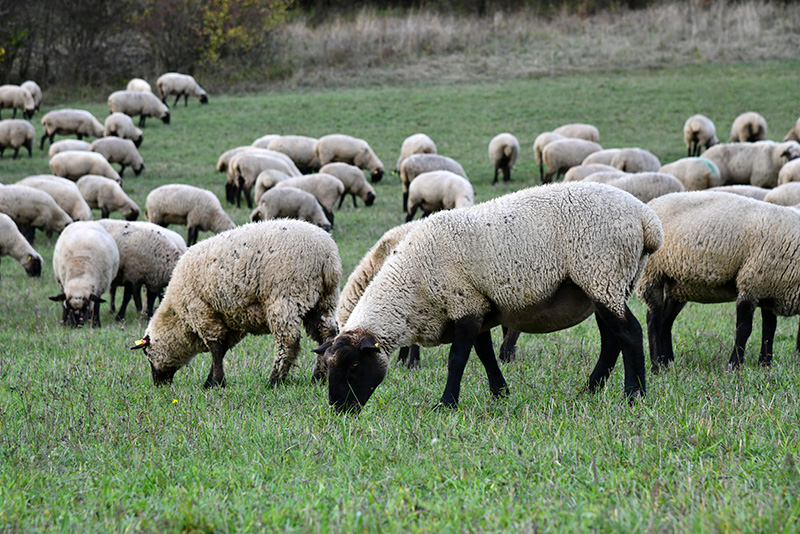
Food sustainability
Faunism advocates that decision-making in this area be closely linked to scientific evaluation. On too many occasions we have seen policies imposed that were not based on science, but on pure and simple opinion or belief.
For example, from a scientific point of view, it is clear that the use of pastures by herbivores is the most efficient and sustainable way, far above the strategies based on industrial transformation processes that are now presented as an alternative.
In any case, Faunism advocates the efficient use of the planet’s food resources while minimizing damage to the natural environment.
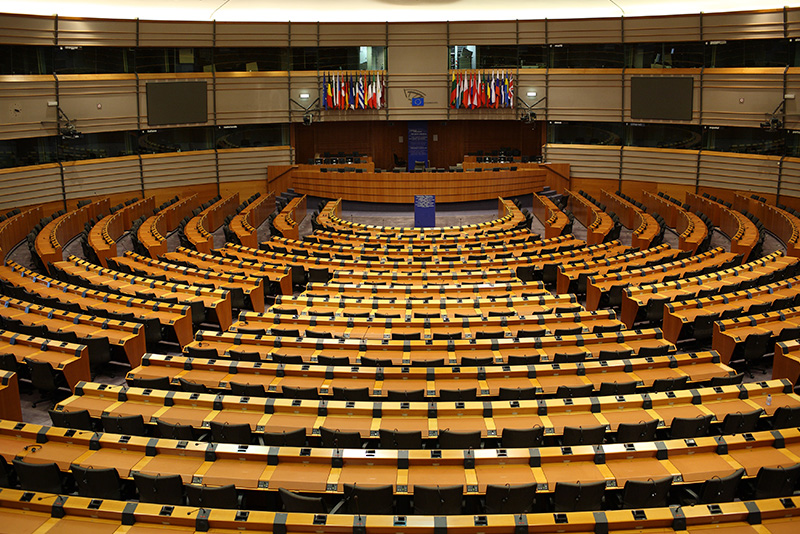
Political affiliation
Faunism is an expression of our relationship with animals and the environment and is completely unrelated to the political preferences of each one of us.
The Faunist Initiative is absolutely transversal and brings together in the same community people with absolutely different political affiliations.
This includes people involved in politics, whatever their party.
Political parties should seriously consider adopting the criteria defended by Faunism, which reflect the majority sentiment of society.
